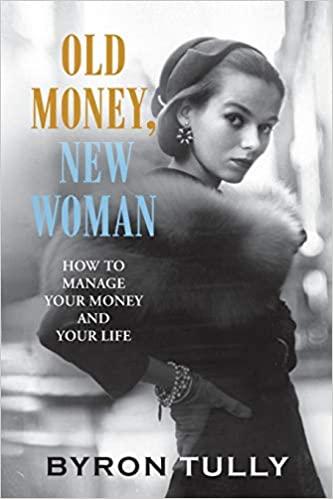 no excel explain everything
no excel explain everything
Question 3: Capital Budgeting Analyses (30 marks) (i). Consider a ten-year project that costs $40,000 today, which is expected to generate $6,000 at the end of the second year and then the cash flows will increase by $1,000 for three years and then stagnate for the rest of the project life. The cost of capital is 8 percent. What is the project's NPV? What is the discounted payback period? (5 marks) (ii). Newfoundland Vintners Co-operative is considering two mutually exclusive projects: Absinth and Brandy. Project Absinth requires a $20,500 cash outlay today and is expected to generate after- tax cash flows of $11,000 in year 1, $8,500 in year 2, and $7,500 in year 3. Project Brandy requires a $30,000 cash outlay today and is expected to generate after-tax cash flows of $7,000 in year 1, $9,000 in year 2, $11,000 in year 3, and $16,000 in year 4. Both projects can be replicated at the end of its life. The appropriate discount rate for both projects is 10 percent. a) Calculate the NPV of both projects. Given that the projects are mutually exclusive and can be replicated, which project should be accepted? (11 marks) b) Calculate the payback periods of both projects if cash flows occur evenly throughout the year. (4 marks) c) Calculate the discounted payback periods of both projects if cash flows occur evenly throughout the year. (6 marks) d) Calculate the profitability index of both projects. (2 marks) e) Using the information in (a) (d), which project should be chosen? Why? (2 marks) Question 3: Capital Budgeting Analyses (30 marks) (i). Consider a ten-year project that costs $40,000 today, which is expected to generate $6,000 at the end of the second year and then the cash flows will increase by $1,000 for three years and then stagnate for the rest of the project life. The cost of capital is 8 percent. What is the project's NPV? What is the discounted payback period? (5 marks) (ii). Newfoundland Vintners Co-operative is considering two mutually exclusive projects: Absinth and Brandy. Project Absinth requires a $20,500 cash outlay today and is expected to generate after- tax cash flows of $11,000 in year 1, $8,500 in year 2, and $7,500 in year 3. Project Brandy requires a $30,000 cash outlay today and is expected to generate after-tax cash flows of $7,000 in year 1, $9,000 in year 2, $11,000 in year 3, and $16,000 in year 4. Both projects can be replicated at the end of its life. The appropriate discount rate for both projects is 10 percent. a) Calculate the NPV of both projects. Given that the projects are mutually exclusive and can be replicated, which project should be accepted? (11 marks) b) Calculate the payback periods of both projects if cash flows occur evenly throughout the year. (4 marks) c) Calculate the discounted payback periods of both projects if cash flows occur evenly throughout the year. (6 marks) d) Calculate the profitability index of both projects. (2 marks) e) Using the information in (a) (d), which project should be chosen? Why? (2 marks)
 no excel explain everything
no excel explain everything 





